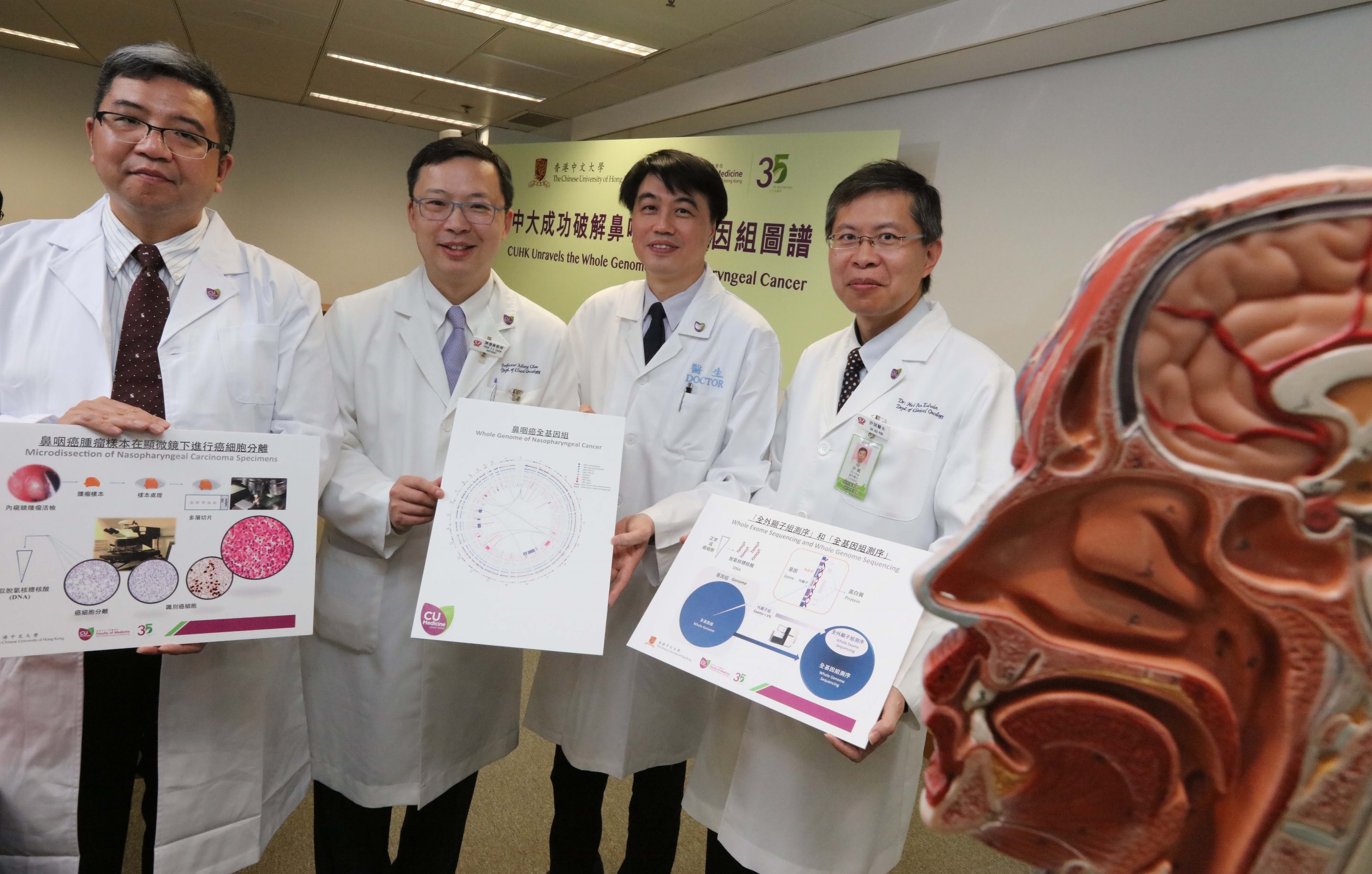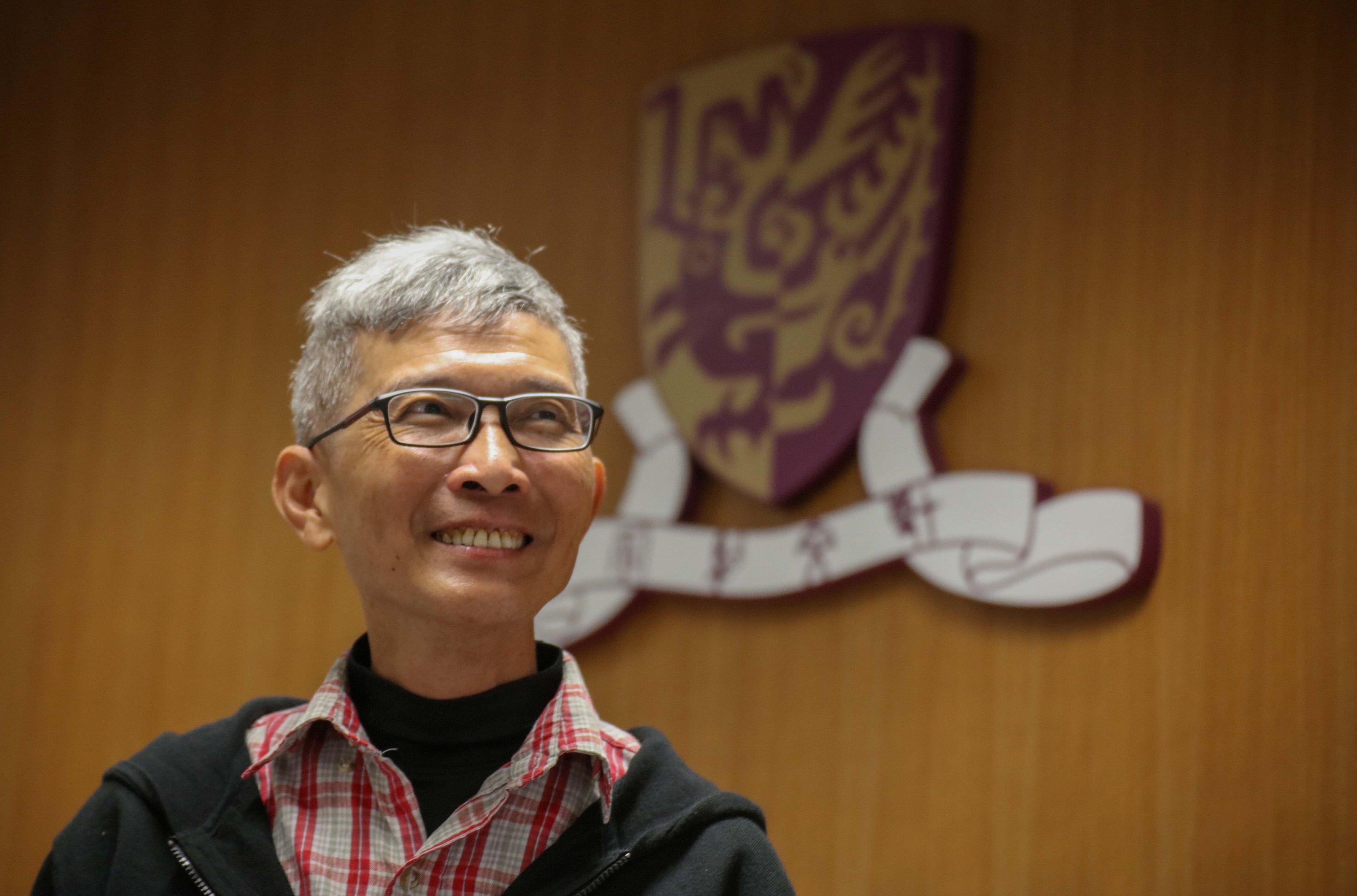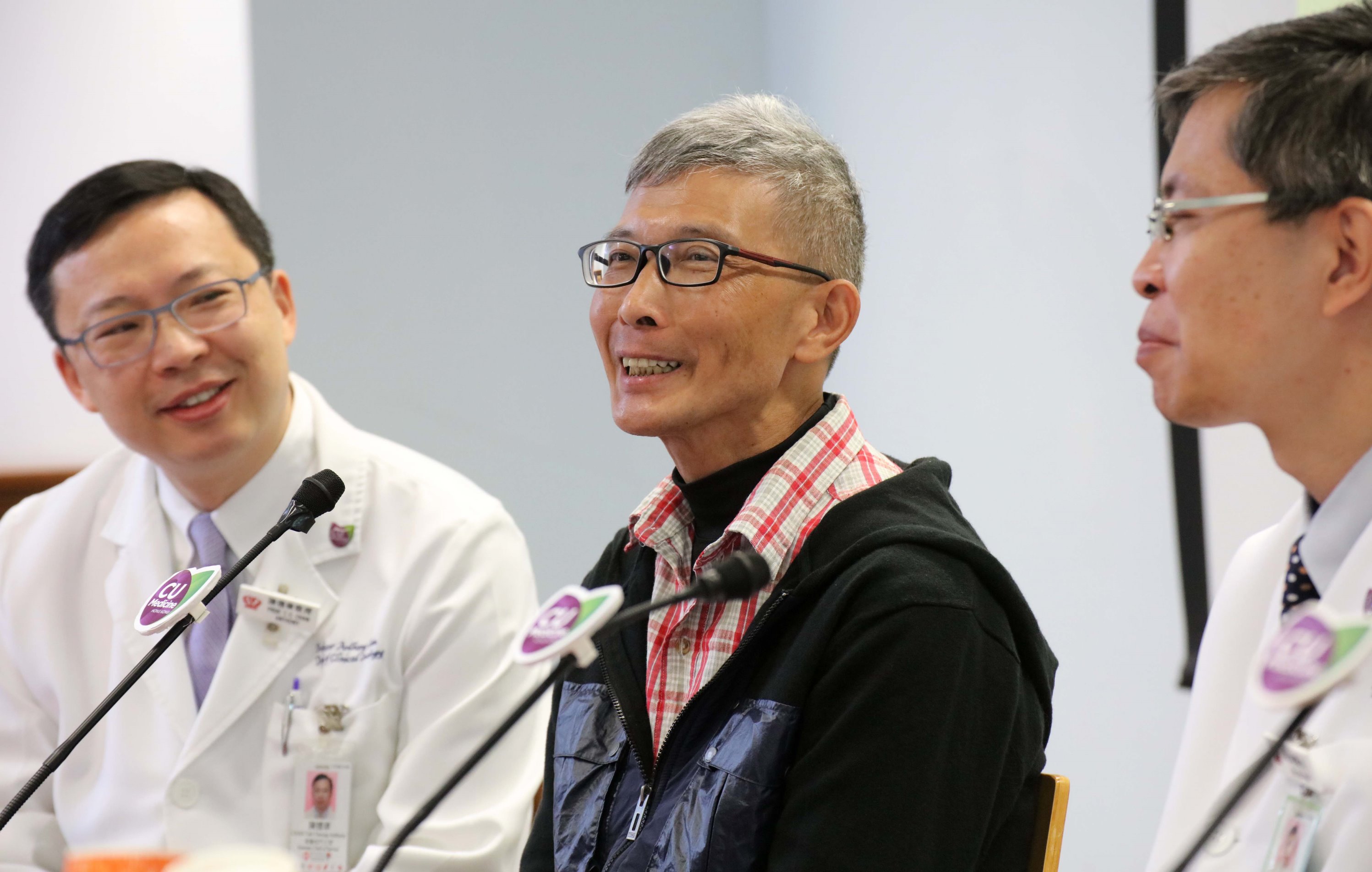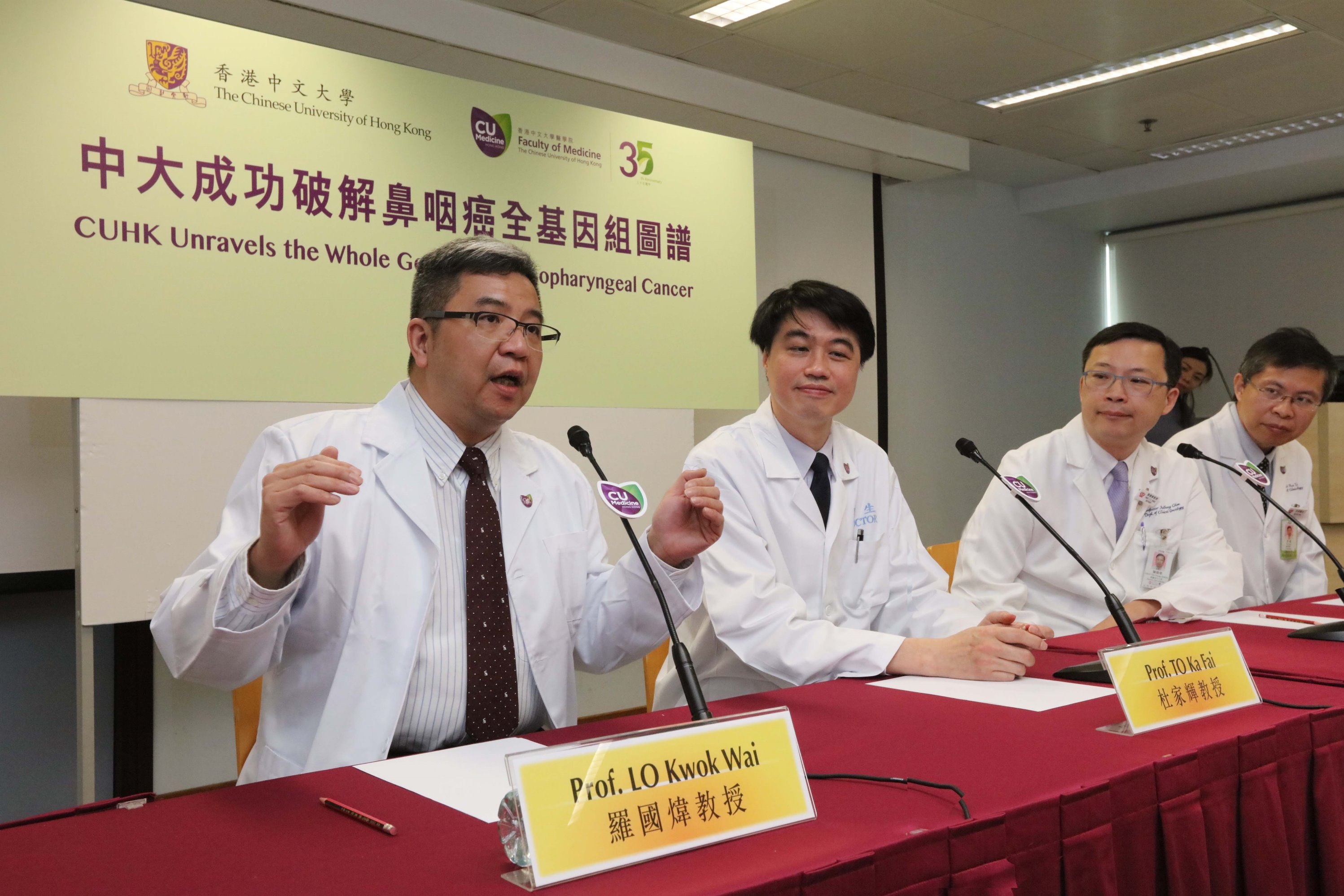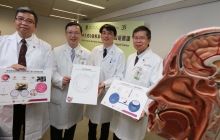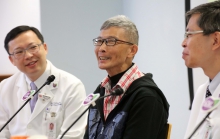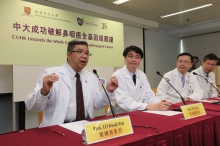CUHK
News Centre
CUHK Unravels the Whole Genome of Nasopharyngeal CancerA Great Leap Forward in Personalized Medicine Development
Researchers of the Faculty of Medicine at The Chinese University of Hong Kong (CUHK) conducted a systematic study to unravel the whole genome of nasopharyngeal carcinoma (NPC). The groundbreaking findings will facilitate the prognosis assessment as well as the development of personalized medicine for NPC patients. The findings have been published in the leading international scientific journal Nature Communications.
NPC is a common type of cancer in Hong Kong and in other parts of Southern China. It is one of the most aggressive head and neck cancers and frequently metastasizes to distant lymph nodes and organs. According to the Hong Kong Cancer Registry1, there are more than 800 new local cases of NPC every year. NPC is characterized by the infection of Epstein-Barr virus (EBV). Due to the intrinsic invasiveness and asymptomatic nature of the disease, 60% to 70% of NPC patients are diagnosed with advanced diseases with poor outcome.
Lack of comprehensive genomic data of NPC
To determine the genomic landscape of EBV-positive NPC, researchers of the Faculty of Medicine at CUHK analysed the tumour specimens derived from over 100 NPC patients in 2015 to 2016. The median age of the subjects is 49 years old and more than 70% of them are male. They performed whole-exome sequencing on the specimens and some cases were subjected to further whole-genome sequencing. The researchers identified a higher degree of somatic mutation and structural variation in NPC than previously recognized. They also discovered several novel genomic events that facilitate NPC growth such as the inactivating mutation in regulatory proteins of the inflammation pathway ‘NF-κB’.
Prof. Anthony Tak Cheung CHAN, Li Shu Fan Medical Foundation Professor of Clinical Oncology and Director of Sir YK Pao Centre for Cancer at the Hong Kong Cancer Institute at CUHK, stated, ‘The scarcity of NPC genomic data hinders the understanding of NPC biology and disease progression, thus physicians have difficulty to tailor-make treatments for patients to achieve optimal effectiveness.’
Genomic landscape of the largest EBV-positive NPC cohort studied
Microdissection (a technique where a microscope is used to assist dissection) was performed on all specimens. Researchers extracted DNA from the tissues and performed whole-exome sequencing. Since exome makes up only 1% of the genome, some of the cases were subjected to further whole-genome sequencing in order to reveal more genomic data.
Prof. TO Ka Fai, Chairman and Professor, Department of Anatomical and Cellular Pathology, Faculty of Medicine at CUHK, said, ‘Here we report the genomic landscape of the largest cohort of micro-dissected EBV-positive NPC as published to date by performing whole-exome sequencing. It is also the first published systematic study to unravel the whole genome of NPC. The comprehensive genomic data enables the discovery of novel and key targets and biomarkers of NPC.’
NPC genomics facilitates personalized medicine development and prognosis assessment
Findings of the study showed that the rate of somatic mutation and structural variation of NPC is substantially higher than that reported previously. One of the implications of this discovery is that it may explain why the clinical efficacy of immune inhibitors or targeted therapy varies among different NPC patients. It also revealed that many of the NPC cases displayed activation of the inflammation pathway NF-κB as a result of somatic inactivating mutations in the NF-κB regulatory proteins.
Prof. LO Kwok Wai, Professor, Department of Anatomical and Cellular Pathology, Faculty of Medicine at CUHK, added, ‘This study demonstrated how NPC genomics can potentially inform therapy. It may help doctors to assess patient’s prognosis after receiving a certain kind of therapy. It also highlights the importance of targeting activated NF-κB signaling in NPC patients with somatic defects in NF-κB regulators, envision that NF-κB inhibitors could be potentially used as new therapeutics for NPC patients.’
Dr. HUI Pun, Clinical Associate Professor (honorary), Department of Clinical Oncology, Faculty of Medicine at CUHK, concluded, ‘The clinical researchers at CUHK have been conducting new drug studies and some patients have been benefited in the clinical trials. The aim of developing personalized medicine is to enrich these clinical studies. Based on the novel genomic discoveries in NPC, we are developing a novel biomarker panel to help select the right patient for the right treatment, and testing new drugs against these new genetic targets so as to benefit more cancer patients.’
1Hong Kong Cancer Registry http://www3.ha.org.hk/cancereg/default.asp
The research team of CUHK Faculty of Medicine unravels the whole genome of nasopharyngeal carcinoma which will facilitate the development of personalized medicine. (From left) Prof. LO Kwok Wai, Department of Anatomical and Cellular Pathology; Prof. Anthony CHAN, Li Shu Fan Medical Foundation Professor of Clinical Oncology; Prof. TO Ka Fai, Chairman of the Department of Anatomical and Cellular Pathology; and Dr. HUI Pun, Clinical Associate Professor (honorary), Department of Clinical Oncology.
Nasopharyngeal cancer (NPC) patient Mr Tsui hopes that the new findings of the research team can help cancer patients select the most suitable treatments in future.
Nasopharyngeal cancer (NPC) patient Mr Tsui hopes that the new findings of the research team can help cancer patients select the most suitable treatments in future.


